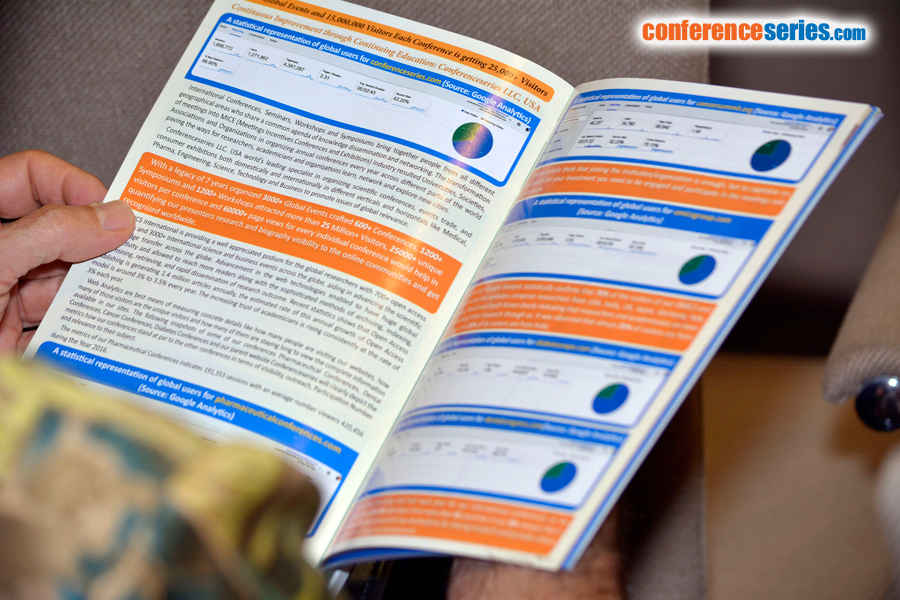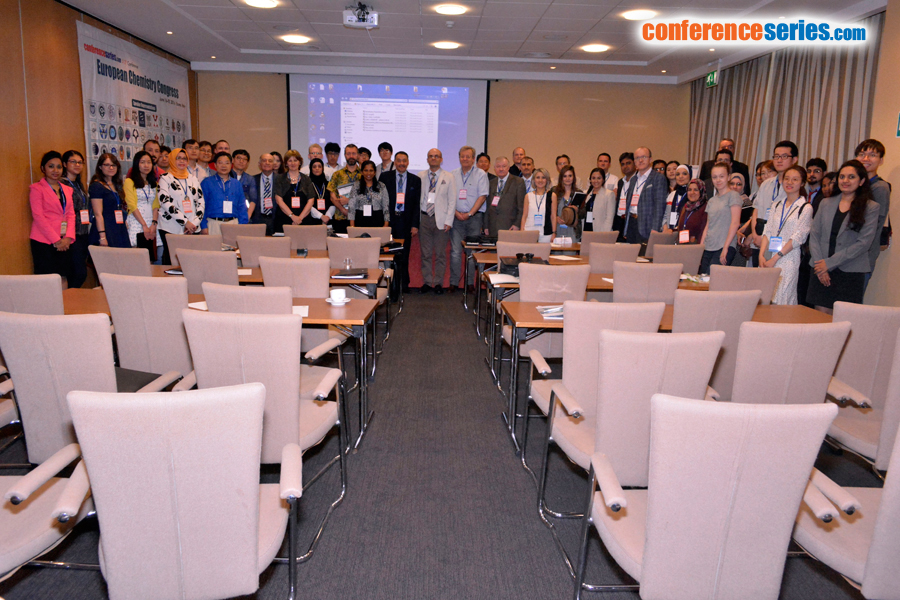
Marwa E Kenawy
Tanta University, Egypt
Title: Effect of Quercetin and Apigenin on LDL receptor gene (LDLR) and Hydroxy-methyl glutrate reductase gene (Hmgcr) in a cholesterol attenuating trial
Biography
Biography: Marwa E Kenawy
Abstract
Hypercholesterolemia is a major risk factor upon developing cardiovascular diseases and opens up the way for other risk factors such as hy perlipedimia, hypertension, and diabetes. This study aimed to investigate the effect of quercetin and apigenin for attenuating hypercholesterolemia. In this study using male Wistar rats, We studied the effect of quercetin and apigenin by inducing Hypercholesterolemia in such rats by Tyloxapol (WR 1339) at the dose was 50 mg /100 g body Weight day other day injection (IV) for 12 days. In addition, rats were treated with different doses of quercetin and Apigenin alone and in combination. Serum cholesterol, triacylglycerol, HDL, LDLcholesterol and total lipids levels were evaluated. Moreover, hepatic catalase, malondialdehyde (MDA) and total protein were estimated. Our results showed that in quercetin and apigenin fat groups'serum cholesterol, triacylglycerol, LDL-cholesterol and total lipids levels and hepatic MDA were significantly decreased as compared with control. However, serum HDL, hepatic catalase and total protein significantly increased in quercetin and apigenin groups as compare with control. The decrease of Hydroxy-methyl glutrate reductase gene (Hmgcr) which is responsible for cholesterol synthesis occured and was proved by RT-PCR analysis and LDL receptor gene (LDLR) increased in response to Hmgcr decrease for regulation. In conclusion, quercetin and Apigenin may consider to serve as a new candidate for the future development of hypocholesterolemic agents.





